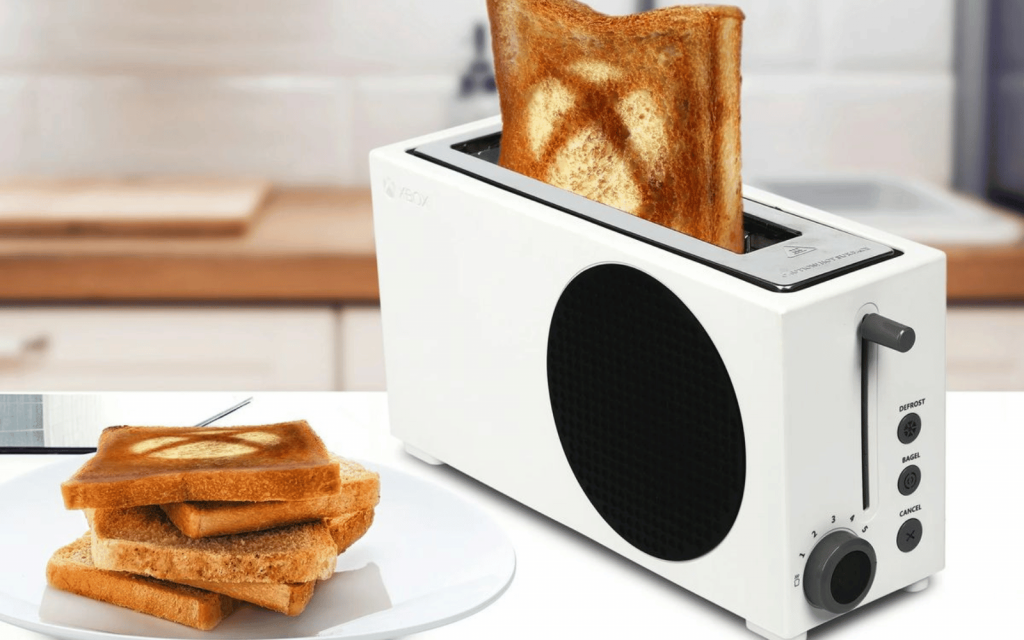“Hey, ChatGPT… why did the chicken cross the road?”
Okay, Google, your time is up. After spending years as Android’s default subordinate, Google Assistant is heading for the door. We’re not revealing any sudden prejudices against the search giant’s efforts, but rather making some room for a newcomer to the party: ChatGPT. OpenAI’s entry might already be available as a standalone app across Android and iOS, but its abilities when it comes to phone functionality are limited.
That’ll be changing soon, if the folks over at Android Authority are correct in thinking that OpenAI is currently working on functionality that’ll let Android users swap Google Assistant out for something a little smarter. In the ChatGPT Android app — version 1.2023.352 — it saw the addition of a new activity going by the name “com.openai.voice.assistant.AssistantActivity”. It’s automatically disabled, but turn it on, and it’ll activate the same sort of overlay that turns up when activating your default assistant from any screen.
Launching the feature won’t net any results before it closes and hides its true nature. That, and a new XML file added in the latest version of the app named “assistant_interaction_service” and a whole host of other too-codey names we won’t list here, all implying some half-baked feature that’s still in the throes of development. That’s fine. We can wait.
We just… won’t be waiting very long. OpenAI isn’t the first to be struck with the idea of turning its AI into an assistant, and it won’t be the last. There’s no official word on when we can expect the feature to land, but we’re guessing it’ll be before the likes of Google and Microsoft’s entries — especially considering the former’s announcement of Assistant with Bard back in October 2023.
Copilot is all keyed up
If the unceasing news surrounding Microsoft’s foray into generative AI wasn’t a big enough clue, the company is more than eager to get a move on artificial intelligence. Not only did Copilot — previously known as Bing Chat — just hit Android and Apple’s respective app stores, but the generative AI is getting its very own landmark on future Windows PCs.
Specifically, it’s getting a custom Copilot key, right alongside the Alt and Arrow key if the promotional video is anything to go by. Rather than allowing users the chance to try out Copilot for themselves, Microsoft is going the U2 route, shoving tech that might’ve otherwise been ignored down our throats from the get-go.
Microsoft announced the change in a blog post yesterday, noting that the key would be introduced later this year, and will be “ushering in a significant shift toward a more personal and intelligent computing future where AI will be seamlessly woven into Windows from the system, to the silicon, to the hardware,” before noting that the new addition is one of the more significant departures made to the keyboard in over thirty years.
Dell’s incoming line-up of XPS laptops will be the first to get the new key — which can be found standing in the shoes of the right-hand-side CRTL key, lodged in between the Alt and arrow keys. It feels like an all-too-calculated change that was designed to confuse users and garner the company an onslaught of clicks for the quarterly earnings.
Enter the Xbox Series S… toaster?
Xbox isn’t the most serious of companies in the gaming space. Where other companies like PlayStation prefer to adhere to strict design guidelines (to the PS5’s detriment), Xbox likes to have a little fun. A little over two months ago, it was raffling off a glorious Diablo IV-themed Series X that we’d probably do some less-than-savoury acts to get in our hands. That’s not even mentioning the million or so other themed consoles, controllers, fridges, and now, toasters.
Yes, you read that correctly. Toasters. Xbox — the company that just spent $80 billion on a game company — is selling toasters. Ones that look like the company’s Xbox Series S console and will even imprint the iconic logo onto whichever piece of bread gets the honour of sitting in the Series S toaster. There’s just one problem: it’s a Walmart exclusive. Even if you could perform some wizardry to get it across the border, it’s sold out everywhere.
If a toaster and fridge aren’t enough to complete your home’s makeover, the appliance’s release is reportedly part of a collection of Xbox-branded items including noodle bowls, mouse pads, pen holders, and storage boxes. When and where these will be hitting shelves, we can’t say.
NASA’s next mission involves sending your name to the Moon (really)
If you aren’t already involved in NASA’s inner workings, there’s a good chance you won’t be included in the company’s VIPER mission — which will send out the agency’s first-ever robotic moon rover. Unless you’re one of the few to get their names aboard the rocket ship, that is. Newbies to NASA might not know that it’s grown fond of attaching the names of interested youths (and 23-year-old journalists) before blasting those rockets up to space.
The VIPER (Volatiles Investigating Polar Exploration Rover) mission will be the next to take a list of names with it, as it attempts to scour the Moon’s South Pole in search of water ice. The VIPER robot can measure the location and concentration of water ice, with successful scouting promising to alter how we carry out long-term space missions in the future.
“VIPER represents the first resource mapping mission on another celestial body and will deepen our understanding of how frozen water and other volatiles are distributed on the moon, their cosmic origin, and what has kept them preserved in the lunar soil for billions of years,” NASA said.
As for getting your name on board, the process is as simple as heading to this here webpage, entering your name and a PIN code that’ll give you access to a ‘boarding pass’ that’ll be needed ahead of the official launch, currently pencilled in for November 2024. So far, around 13,000 people have signed up for the project.


